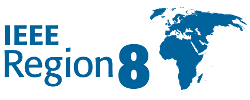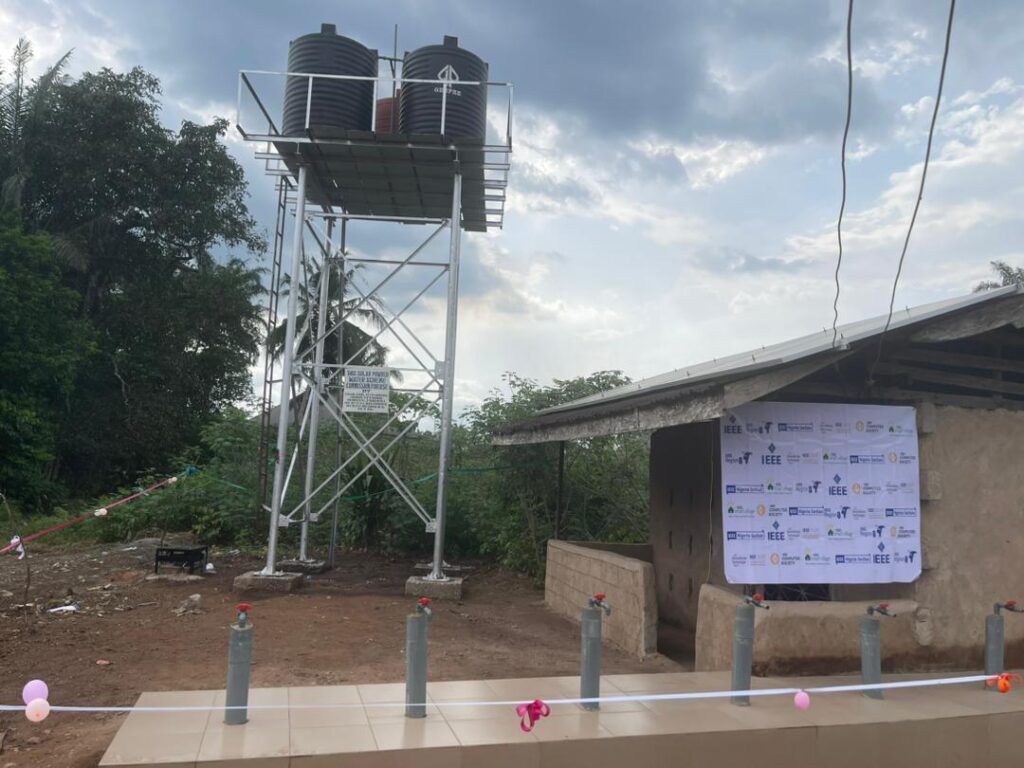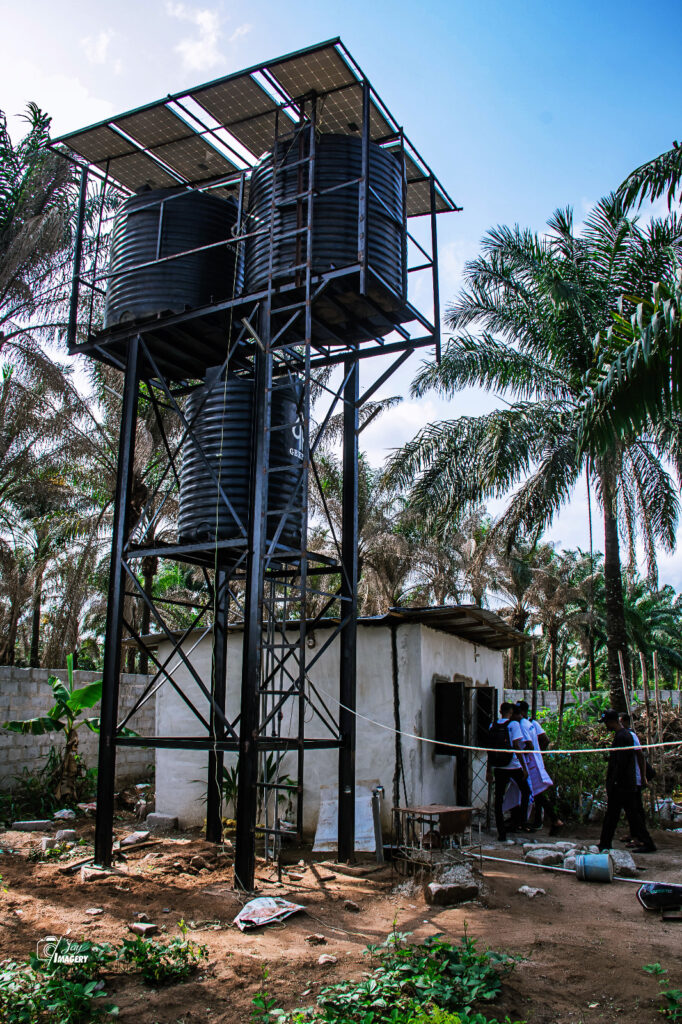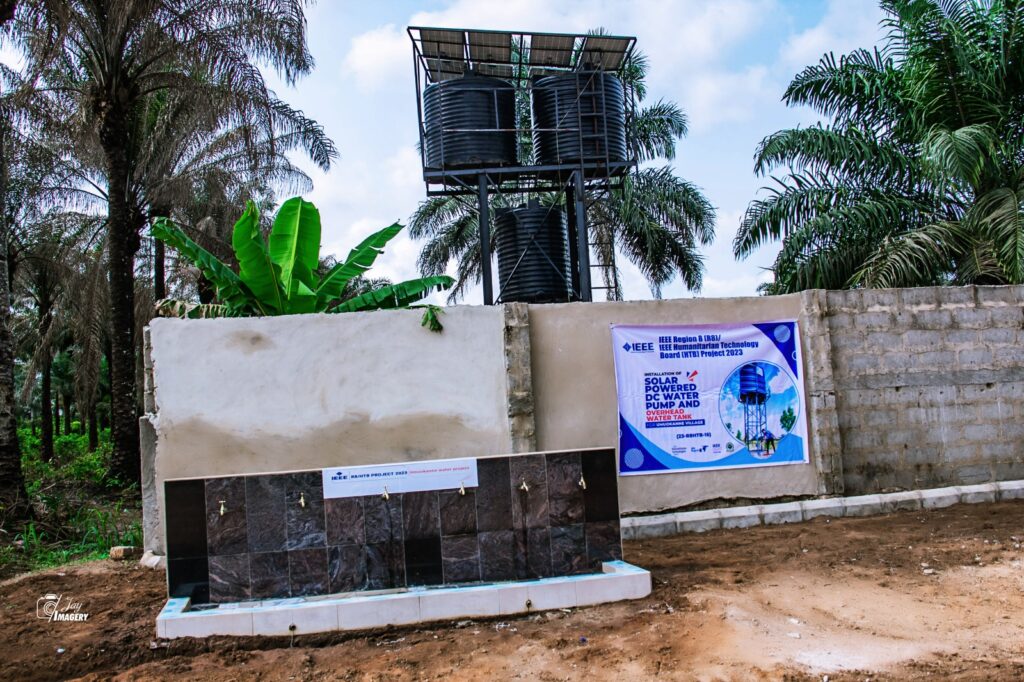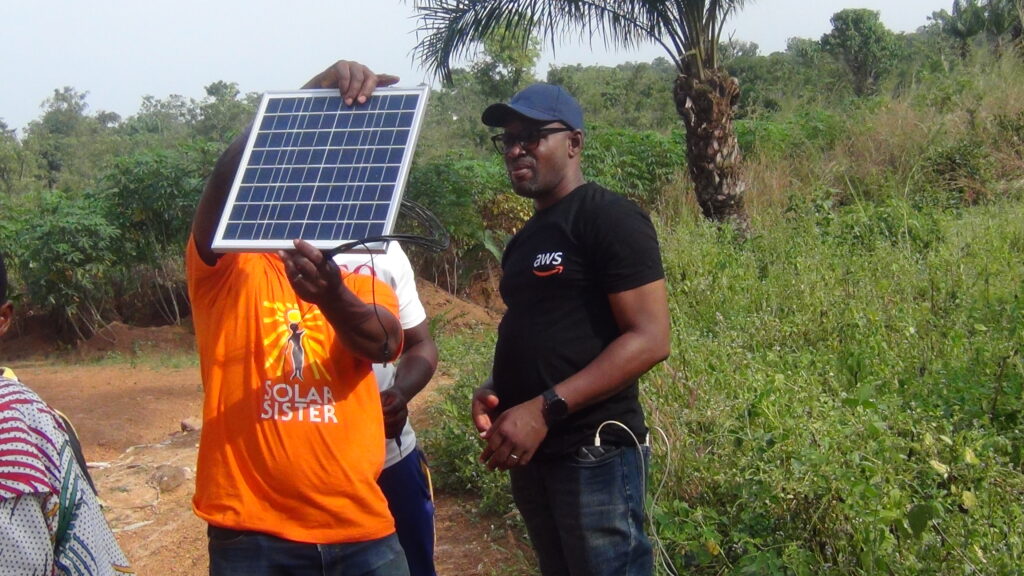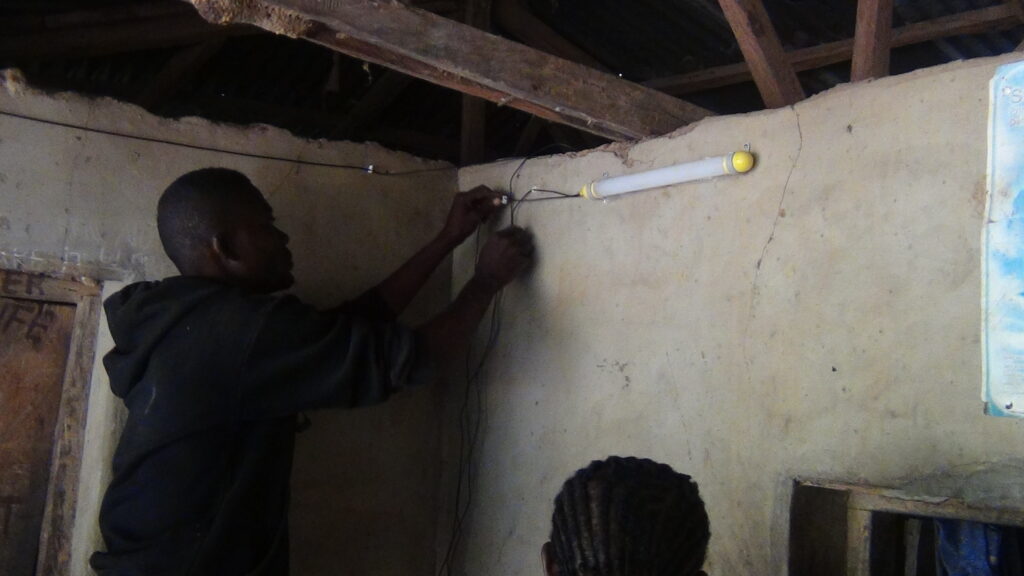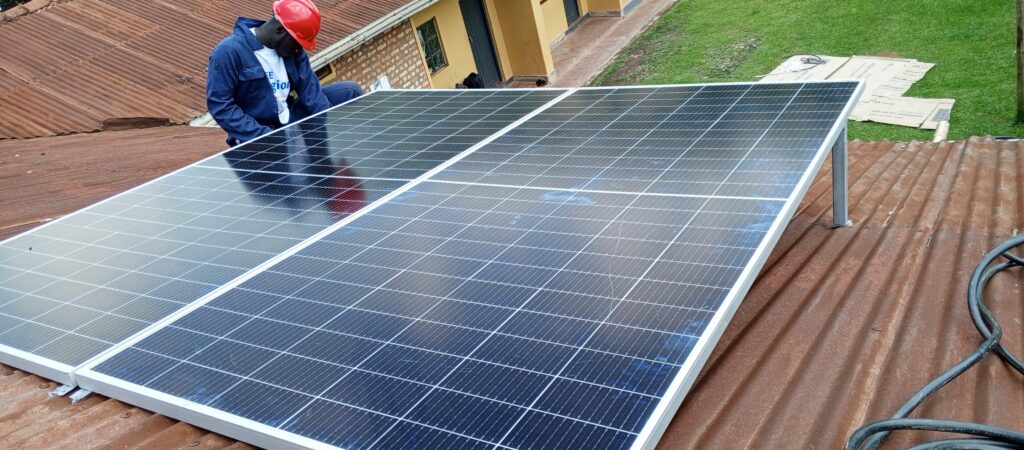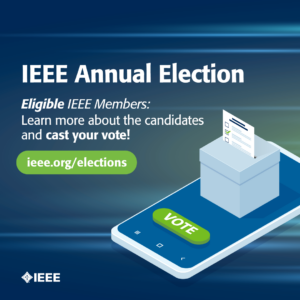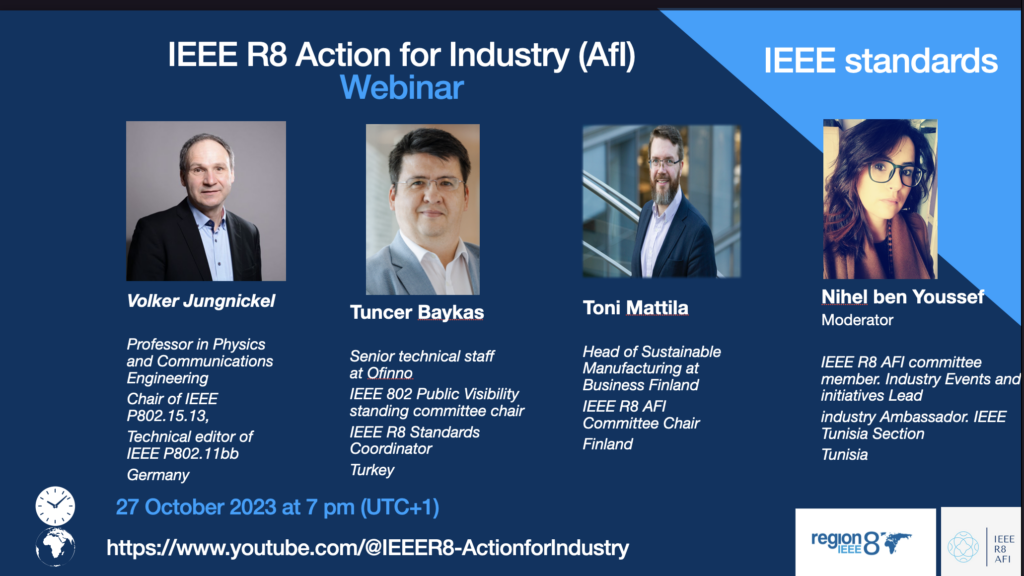
Welcome to our IEEE Region8 Action for Industry Webinar on «IEEE Standards» !
https://www.youtube.com/watch?v=Rn-rhJzBTVo
Moderated by Nihel Ben Youssef,
IEEE R8 Action for Industry Committee member, industry Events and initiatives Lead. and Industry ambassador at IEEE Tunisia Section
With Toni Mattila,
IEEE R8 Action for industry Committee Chair.
Toni is the Head of Sustainable Manufacturing at Business Finland, which is a governmental agency for R&D and innovation funding, business development and internationalization services. At Business Finland, Toni leads a national business development program with the goal of transforming Finnish manufacturing industries towards sustainable development. Before joining the investment promotion division of Business Finland eight years ago, Toni worked for fourteen years in academia as a researcher in the field of microelectronics. Toni is still an active member of IEEE, especially in the Electronics Packaging Society, and a frequent attendee of various electronics conferences.
Our Guest Speakers:
– Volker Jungnickel
Volker Jungnickel (M’99) received PhD and habilitation in Physics and Communications Engineering in 1995 and 2015, respectively. He joined Fraunhofer HHI in 1997, working on optical wireless communications, multiple antennas in mobile networks and fixed optical access networks. Volker teaches and supervises thesis at TU Berlin, where he was appointed as extraordinary professor in 2021. Volker serves in optical wireless standards as chair of IEEE P802.15.13, technical editor of IEEE P802.11bb and delegate in ITU-T Q3/15.
Title of the presentation: New standards and applications for light communications
– Tuncer Baykas
Tuncer Baykas [SM] ([email protected]) is currently senior technical staff at Ofinno.
He received his Ph.D. degree in electrical engineering from the University of Ottawa. He joined the National Institute of Information and Communications Technology, Japan, in 2007. During his tenure, he contributed to multiple standardization projects, including IEEE 802.15.3c, IEEE 802.11ad, and IEEE 1900.7. He served as the Chair for IEEE 802.19.1 coexistence in the TVWS Task Group. Between 2016 and 2019 he represented NICT in the ITU Radiocommunication Sector, and he was drafting group Chair of the 1A-3 and 5C-3 groups on WRC-19 agenda item 1.15. He is currently serving as the Vice Chair of the 802.19 Working Group and the 802.11bb LC Task Group, and a corresponding member of the IEEE TAB COS. He has over 50 major journal and conference publications, and 3 U.S. and 37 Japanese patents. He was one of the recipients of the Turkish Academy of Sciences Young Researcher Award, the IEEE-SA Standards Board Award, and the IEEE-SA Certificate of Appreciation. He served as a Guest Editor for IEEE Communications Magazine and a Board Member for IEEE Comsoc MMTC E-Letters.
Title of the presentation: Introduction to IEEE 802 Standards
